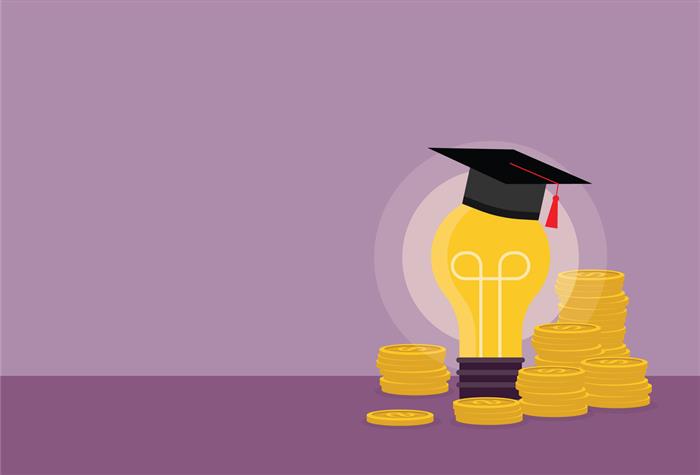
Log In


In the year of COVID-19, student loan borrowers have experienced much-needed and historic college financial relief via the CARES Act, including temporary loan forbearance and significant interest rate reductions, extended through the end of 2020. One of the most beneficial outcomes of the pause of student loan payments has been the improved credit ratings of borrowers.
For student loan borrowers ages 18-29, the percentage of individuals with poor credit dropped from 28.4 percent to 25.3 percent; from 29.8 percent to 27.7 percent for borrowers aged 30-49; and from 26.1 percent to 22.4 percent for those 50 years old and older. Despite this, experts claim that the temporary relief won't get student loan borrowers out of financial trouble.
There are many factors to consider when it comes to what you should do with your student loans during COVID-19, such as your current financial situation and what type of loan you have. Here are things some things to explore before deciding what is the best option for you:
1. What student loans do you currently have? Under President Trump's executive order, only federal student loans are granted interest-free forbearance. Therefore, if your loans are through a private lender or your university, you may be able to put your private loans into forbearance due to economic hardship, but the interest will not stop accruing during the period in which you are not making payments. Instead of pausing payments on your private student loans, you’re better off refinancing them at near record low interest rates, so that you are able to lower interest costs and reduce your monthly payment. Explore the pros and cons in refinancing your student loans to see what works best for your situation, here.
2. Can you honestly afford to make payments right now? The best way to take advantage of this unique and record college financial relief initiative during the COVID-19 crisis is to keep making - and even increasing - your monthly federal student loan payments! Even if interest is not accruing on your loans while in forbearance, not making any payments will simply extend the amount of time it takes to pay them off because you are not paying down the principal balance. The quicker you pay down the principal balance on your student loans, the sooner you'll be debt-free.
Don't forget to check back frequently for more updated information on student loans, including talks of a student loan forgiveness plan as part of a new $1.8 trillion stimulus proposal with large bipartisan appeal.